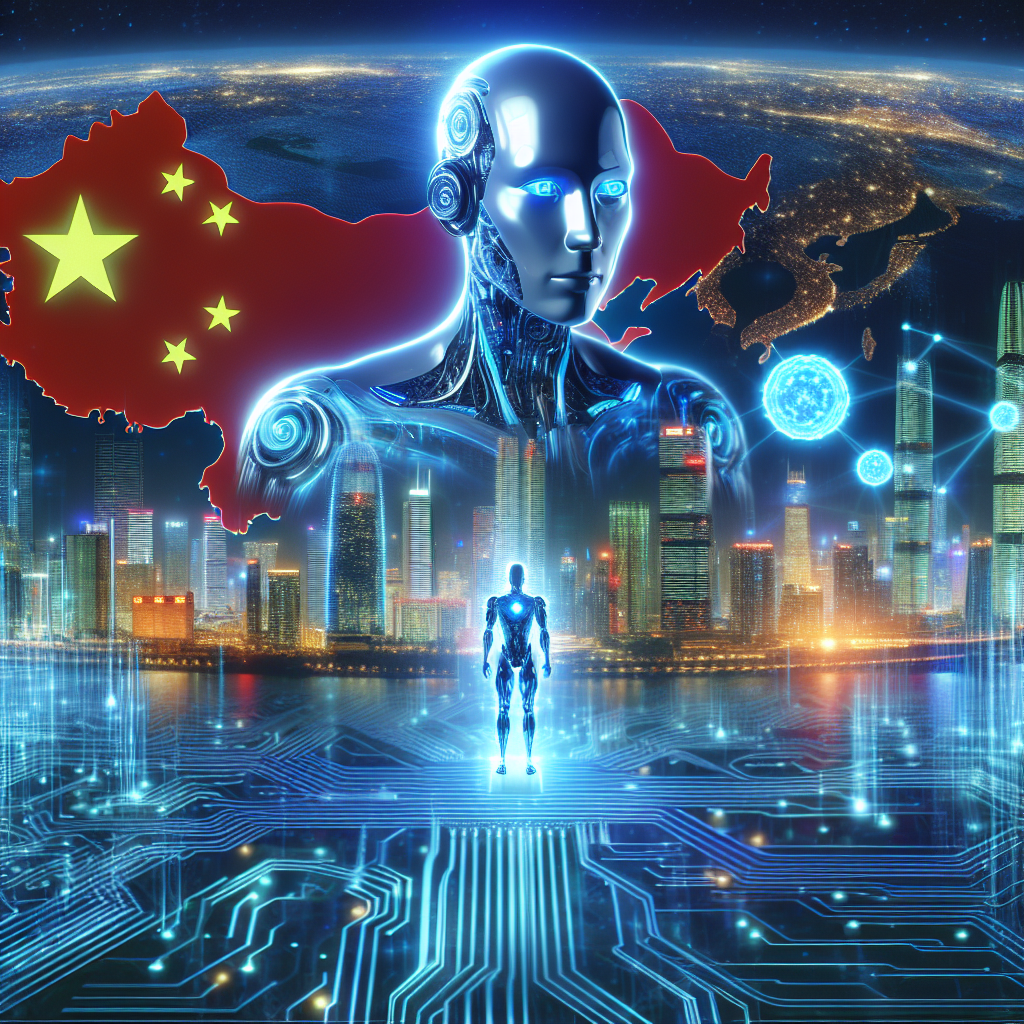 AI Innovation with DeepSeek Energizes China’s NPC Assembly
AI Innovation with DeepSeek Energizes China’s NPC Assembly
China’s National People’s Congress (NPC) Assembly has long been a platform for unveiling the nation’s most ambitious policy agendas. This year, however, the spotlight shifted to an unexpected protagonist: artificial intelligence. Spearheaded by breakthroughs from homegrown AI firm DeepSeek, the 2025 NPC sessions have become a stage for showcasing how cutting-edge technology is fueling China’s vision for the future.
The Rise of AI in China’s Policy Landscape
As global competition in AI intensifies, China has positioned itself as a leader in both development and governance of emerging technologies. The NPC Assembly, traditionally focused on legislative and economic planning, now reflects this shift. Delegates are increasingly framing discussions around AI-driven solutions to challenges ranging from healthcare to environmental sustainability.
DeepSeek’s Role in Shaping the Conversation
Beijing-based DeepSeek stole headlines during this year’s assembly with demonstrations of its latest AI systems. The company’s innovations are not just technical marvels—they’re strategic tools for achieving national priorities:
- Smart governance platforms for optimizing public resource allocation
- Predictive analytics systems for economic forecasting
- AI-powered environmental monitoring networks
Key AI-Driven Initiatives Announced at the NPC
The 2025 assembly yielded several landmark announcements that underscore AI’s growing influence:
1. National AI Infrastructure Expansion
China plans to invest $30 billion in next-generation AI research facilities, with DeepSeek tapped to lead development of three flagship centers. These hubs will focus on:
- Quantum computing integration
- Ethical AI frameworks
- Cross-industry application development
2. AI-Powered Regulatory Systems
New legislation proposes using DeepSeek’s algorithms to enhance policymaking efficiency. Pilot programs already show 40% faster analysis of complex legislative proposals compared to traditional methods.
The Economic Impact of AI Momentum
According to Bloomberg, the AI sector contributed 2.3% to China’s GDP growth in 2024—a figure expected to double by 2026. This economic boost features prominently in NPC discussions about maintaining growth amid global uncertainties.
Job Creation vs. Workforce Transformation
While some delegates raised concerns about automation risks, DeepSeek executives emphasized their national upskilling initiative that has retrained 500,000 workers for AI-augmented roles since 2023.
Global Reactions and Strategic Implications
International observers closely monitored the NPC’s AI focus. The European Commission’s AI Watch program noted in its 2025 Global AI Competitiveness Report that China now leads in AI patent filings, surpassing the U.S. by 18% year-over-year.
Balancing Innovation and Governance
NPC debates revealed ongoing tensions between rapid technological development and regulatory oversight. DeepSeek’s CEO Wang Li emphasized during a panel discussion: “Our systems incorporate constitutional principles at the algorithmic level, ensuring AI development aligns with socialist core values.”
What’s Next for AI in China?
The NPC Assembly concluded with a roadmap for AI integration across key sectors:
- 2025-2026: Full implementation of AI-assisted legislative review systems
- 2027: Launch of national AI ethics certification program
- 2030: Target for 50% reduction in urban management costs through AI optimization
Engage with the AI Revolution
As China accelerates its AI ambitions, understanding these developments becomes crucial for global businesses and policymakers. How will your organization adapt to the new realities of AI-driven governance? Share your perspectives in the comments below or explore our in-depth analysis of China’s Tech Policy Roadmap.
Stay Ahead of the Curve: Subscribe to our newsletter for weekly updates on AI policy and innovation trends shaping global markets.


